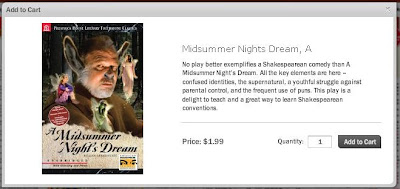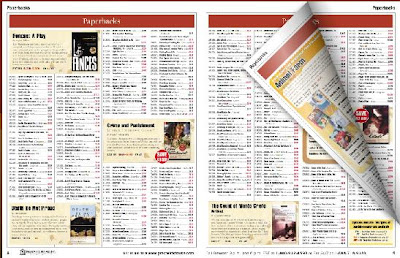by Douglas Grudzina
 Is there anything you have to reveal that is so ... um ... delicate ... that it can’t be revealed until after your death? One hundred years after your death?
Is there anything you have to reveal that is so ... um ... delicate ... that it can’t be revealed until after your death? One hundred years after your death?
Apparently Mark Twain did.
In the preface to his “autobiography” (never yet a complete and coherent compilation of the 5,000 pages of notes he’d dictated to a stenographer during the last four years of his life), Mark Twain wrote that he was speaking “from the grave rather than with [his] living tongue.” He did so because “when a man is writing a book dealing with the privacies of his life—a book which is to be read while he is still alive—he shrinks from speaking his whole frank mind.” He ends this preface emphasizing, “It seemed to me that I could be as frank and free and unembarrassed as a love letter if I knew that what I was writing could be exposed to no eye until I was dead, unaware, and indifferent.”
So ... one has to wonder what “privacies” Twain did not want exposed before he was “unaware and indifferent.”
What could have been on the beloved writer’s “whole frank mind” that he didn’t dare utter while he was still drawing breath?
Continuing in his preface, Twain issues a series of instructions to ensure that this work will not be read while he is alive. He instructs his “editors, heirs & assigns” to “leave out of the first edition all characterization of friends and enemies that might wound the feelings of either the person characterized or their families & kinship.” He also expresses a desire that “all sound & sane expressions of opinion ... be kept out. There may be a market for that kind of wares a century from now. There is no hurry. Wait & see.”
How could Twain’s characterization of friends “wound the feelings of either the person[s] characterized or their families”?
What “sound and sane expressions of opinion” might Twain’s contemporaries not want to hear?
The “century from now” reference is reinforced by Twain’s vision of his autobiography’s being published in four or five editions, “issued twenty-five years apart” and each more complete than the previous ones, until “into the fourth—or at least the fifth—the whole Autobiography can go, unexpurgated.”
Do the math: assuming the first edition is released upon Twain’s death, the fourth—the unexpurgated edition—would be ready “a century from [then].”
Still later, on the cover page of the manuscript (the title Autobiography of Mark Twain is typed), is another note (handwritten) to Twain’s “heirs and assigns.” This note includes—along with other instructions intended to protect the feelings and reputations of then-living persons whom Twain apparently “fries” in his work—this mandate: “It will be noticed that I have marked certain chapters which are to be kept suppressed, sealed up, and unprinted for a hundred years. These must not be shown to any one, but kept sealed—as I shall leave them.”
Suppressed, Sealed up, and Unprinted ...
Sounds apocalyptic.
It’s the stuff of myth and legend: the hundred-year-old prophecy, the Volume of Arcane Knowledge ...
Well, guess what? That hundred years has passed.
Twain died in April 1910. In November 2010, the University of California, Berkley, which was bequeathed all of Twain’s papers by his daughter in 1962, will release Volume 1 of a three-volume, unexpurgated autobiography of Mark Twain.
Those who have had the chance to glimpse the manuscript or see advance copies of the volume say it is a doozie—definitely worth the century-long wait.
Maybe we’ll finally learn what happened to Jimmy Hoffa, Amelia Earhart, and the Lindbergh baby.
Or what Melville’s puzzling “Ah, Bartleby! Ah Humanity!” is supposed to mean.
Now, there is an Autobiography of Mark Twain running around, edited by Charles Neider. It seems to appear in three incarnations: Harper Perennial Modern Classics 2000, Harper and Row 1959 (then titled The Autobiography of Mark Twain, Including Chapters Now Published for the First Time), and Harper and Brothers 1917. There’s also Mark Twain’s Own Autobiography, the Chapters from The North American Review (University of Wisconsin Press 1990). “The Chapters from The North American Review” refers to twenty-five chapters Twain himself had serialized in that periodical in 1906 – 1907.
Of course, these autobiographies do not include the “suppressed, sealed up, and unprinted” chapters that the forthcoming Berkeley publication will contain.
Volume 1 is scheduled for release on November 15.
Are you as excited as I am?
 Which author entered the University of Montpellier to study for a doctorate in medicine, but was expelled because he had previously been an apothecary?
Which author entered the University of Montpellier to study for a doctorate in medicine, but was expelled because he had previously been an apothecary?




































